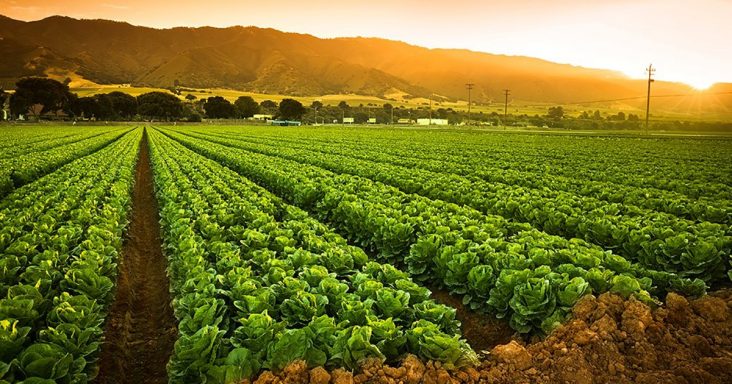Tyson Foods, Walmart set ambitious sustainability goals for net-zero GHG emissions
by June 9, 2021 11:34 am 1,116 views

Global food production giant Tyson Foods and retail titan Walmart have set ambitious goals to reach net-zero greenhouse (GHG) emissions by 2050 and 2040, respectively. Springdale-based Tyson Foods said Wednesday (June 9) that the move expands the company’s previous target of achieving 30% net-zero GHG emissions by 2030. According to a company news release, the updated goals involve all of the company’s global operations and its supply chain and are aligned with limiting global temperature rise.
“At Tyson Foods, we believe progress requires accountability and transparency, and we are proud to exemplify that as we work to achieve net-zero greenhouse gas emissions by 2050,” John R. Tyson, the company’s chief sustainability officer, said in a statement. “As the first U.S.-based protein company in the food and beverage sector to have an emissions reduction target approved by the Science Based Targets initiative, we hope to continue to push the industry as a leader and remain committed to making a positive impact on our planet, with our team members, consumers and customers, and in the communities we serve.”
According to the release, Tyson Foods said its new goals would require a collective effort from every employee in addition to external stakeholders. Key areas the company will be prioritizing to meet this goal include:
- Updating the baseline for emissions to align with limiting global temperature rise to 1.5℃, consistent with the Paris Agreement, by the end of 2023.
- Establishing a pathway to using 50% renewable energy across its domestic operations by 2030.
- Completing initial land stewardship target of engaging 2-million feed acres and expanding the total acres by 2025.
- Expanding the company’s 50million-acre grazing lands target for sustainable beef production practices by 2025.
- Continuing work to eliminate deforestation risk throughout its global supply chain by 2030.
- Supporting climate action policies through advocacy groups such as the Net Zero Business Alliance.
“We believe what good food can do for people and the planet is powerful. Our net-zero ambition is another important step in our work toward realizing our aspiration to become the most transparent and sustainable food company in the world,” Tyson Foods president and CEO Donnie King said in the release. “Partnership and collaboration will be critical to our efforts, and we look forward to working with our customers, supply chain partners, and other stakeholders to achieve net-zero.”
Tyson Foods said its new goals and the company’s existing sustainability goals align with the UN Sustainable Development Goals. As part of its ongoing work in that space, Tyson Foods will continue its involvement in World Wildlife Fund Forest Land and Agriculture (FLAG) Consultative Group and continue partnerships and collaborations with organizations such as World Resources Institute, The Nature Conservancy, Environmental Defense Fund and World Wildlife Fund.
Tyson Foods will work with partners to identify and build on the existing net zero pathway, focusing on investments, renewable energy, land stewardship, deforestation, manure management, farm energy, feed, fertilizer, enteric methane and external partnerships.
Tyson Foods has had its fair share of critics regarding its environmental record over the years. Even so, Jenny Ahlen, senior director at the Environmental Defense Fund, said it’s encouraging to see Tyson Foods embrace net-zero as a business imperative.
“Success will be determined by what follows next because the hard work is only beginning. We’re excited to work with Tyson in developing an action plan and interim targets and to drive change at scale,” she said.
Tyson Foods is a prominent supplier to Walmart. The retail giant recently upped the ante on its net-zero emissions goals to 100% by 2040. A big part of Walmart’s success in reaching the goal is to have its suppliers doing the same type of work up and down the supply pipeline.
Walmart also rates its suppliers with a sustainability report card, and Tyson Foods is now following that lead by asking its suppliers to fall in line with the new goals.
More information on Tyson’s sustainably pledge can be found online as well as Walmart’s updated sustainability initiative.
